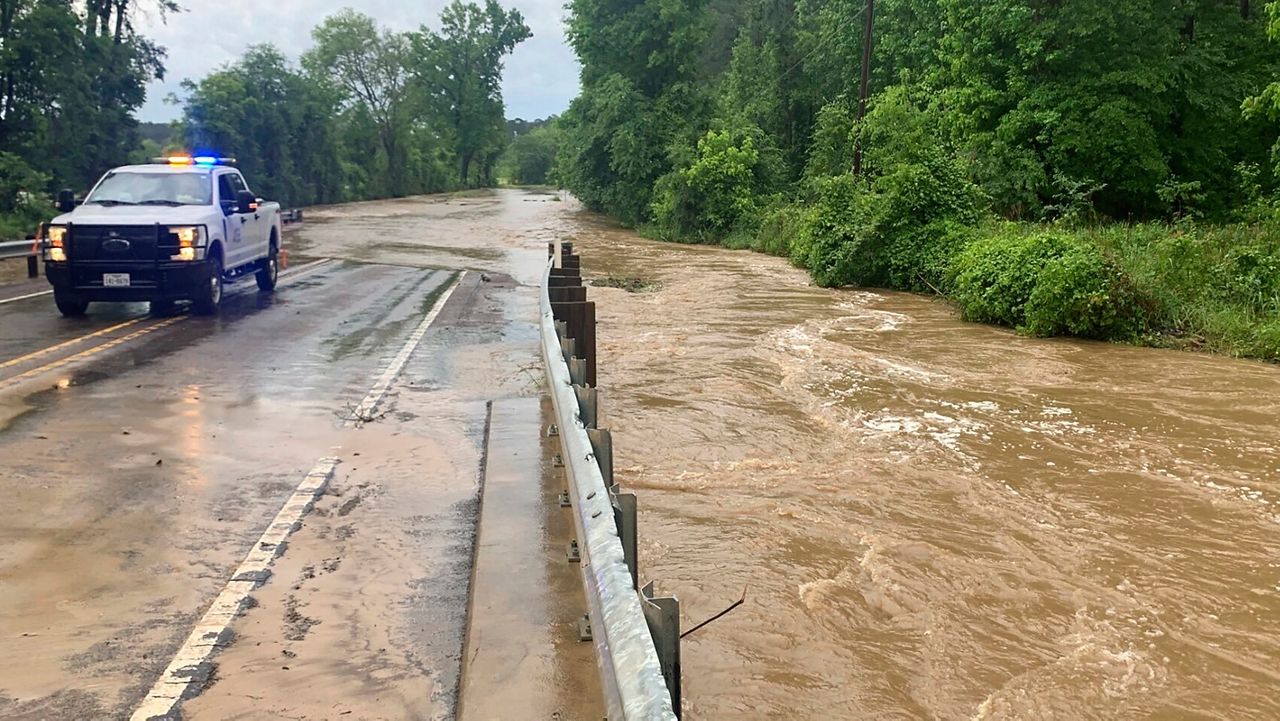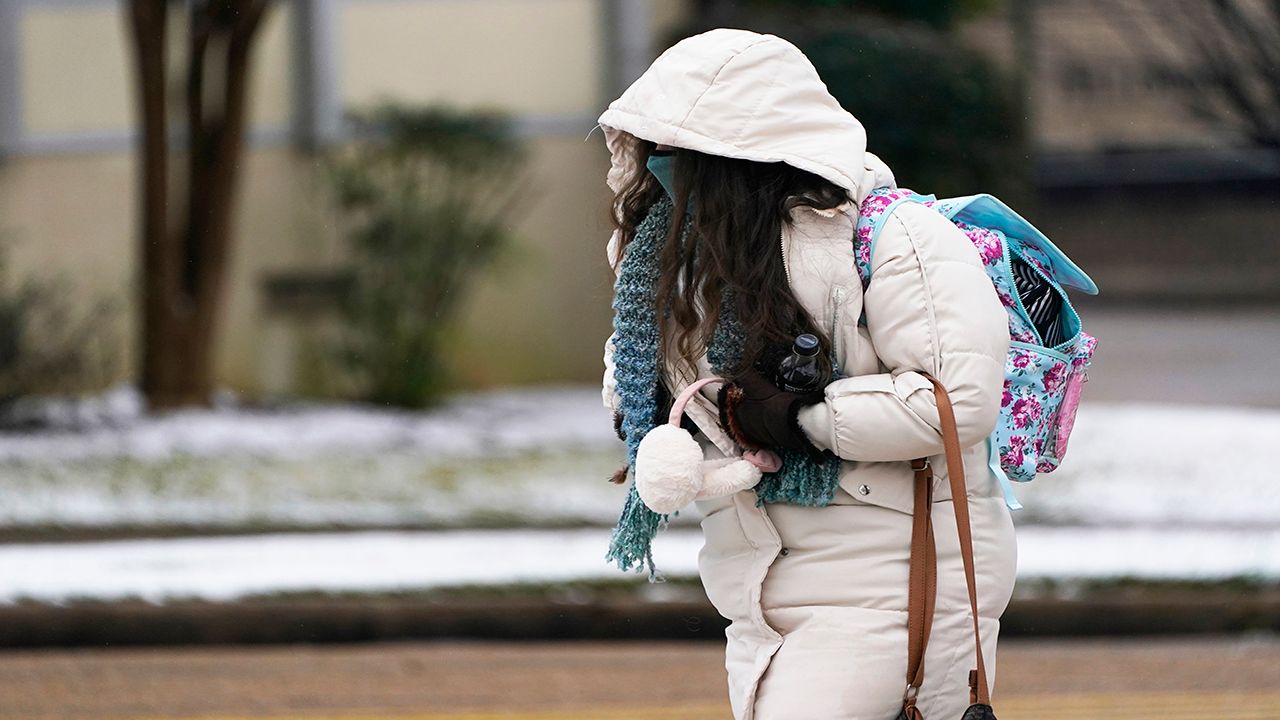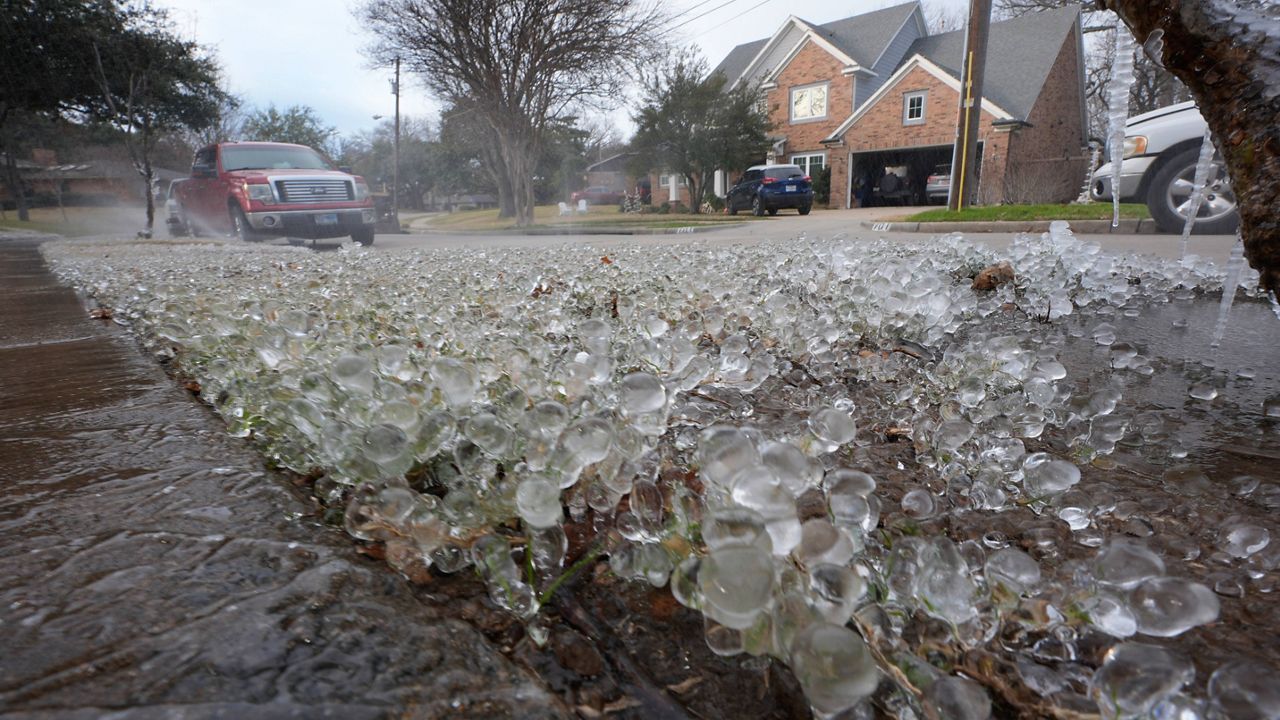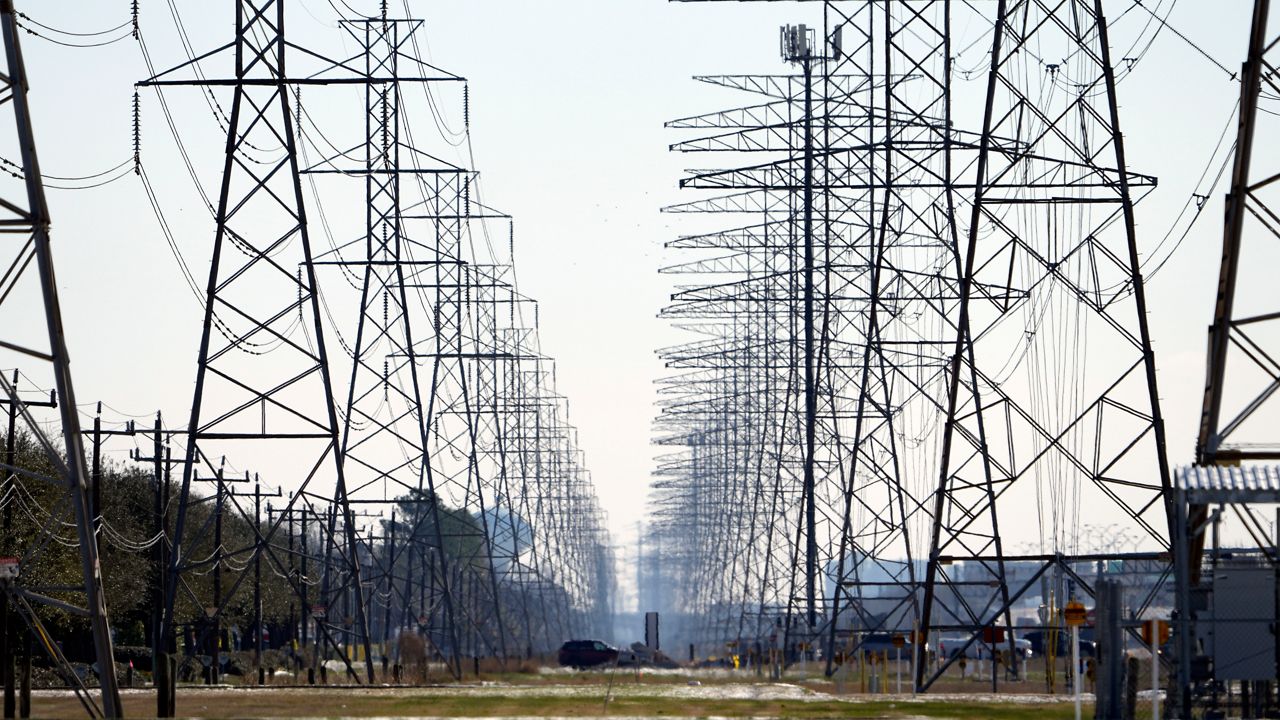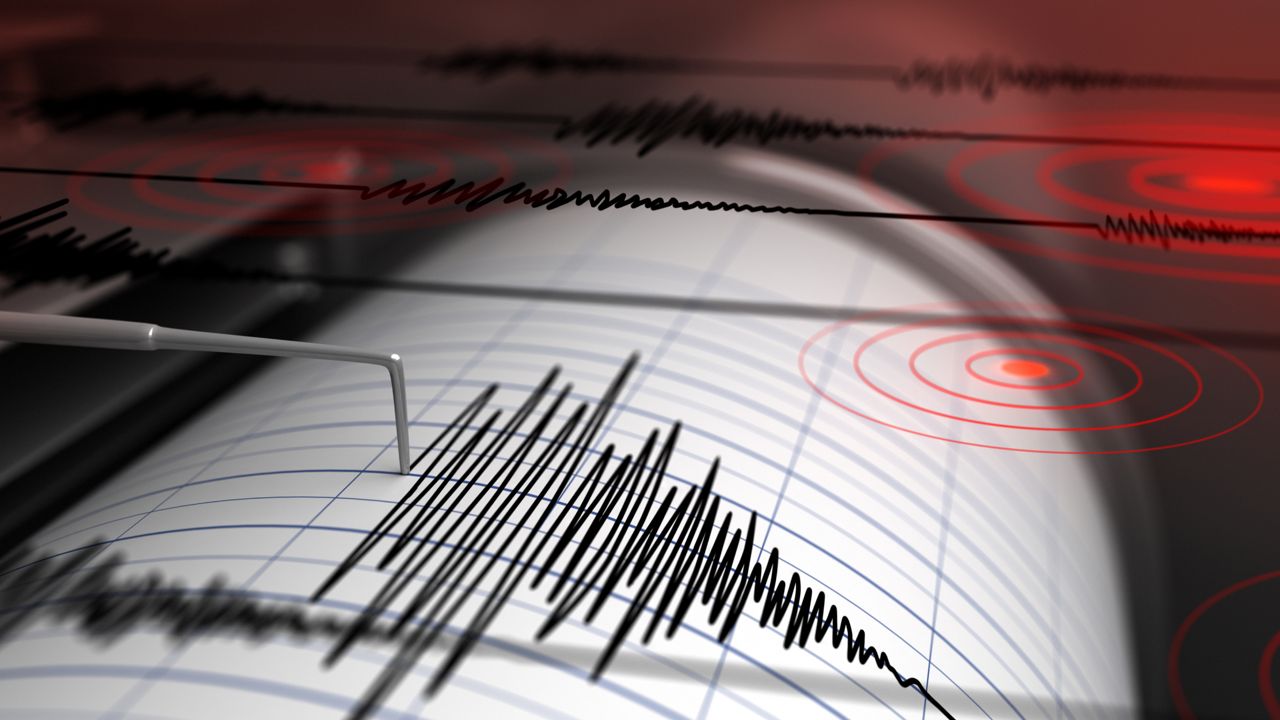HOUSTON — Heavy storms slammed the Houston area again Friday, widening already dangerous flooding in Texas and leading to numerous high-water rescues, including some from the rooftops of flooded homes. Officials redoubled urgent instructions for residents in low-lying areas to evacuate, warning the worst was still to come.
“This threat is ongoing and it’s going to get worse. It is not your typical river flood,” said Harris County Judge Lina Hidalgo, the top elected official in the nation’s third-largest county.
She described the surge of water as “catastrophic” and said several hundred structures were at risk of flooding. There had already been at least two dozen water rescues in the county, in addition to getting 30 pets to safety. Schools in the path of the flooding canceled classes and roads jammed as authorities closed highways taking on water.
For weeks, drenching rains in Texas and parts of Louisiana have filled reservoirs and saturated the ground. Floodwaters partially submerged cars and roads this week across parts of southeastern Texas, north of Houston, where high waters reached the roofs of some homes.
More than 11 inches (28 centimeters) of rain fell during a 24 hour period that ended Friday morning in the northern Houston suburb of Spring, according to the National Weather Service, which has issued a flood warning until Tuesday for the region.
In the rural community of Shepherd, Gilroy Fernandes said he and his spouse had about an hour to evacuate after a mandatory order. Their home is on stilts near the Trinity River, and they felt relief when the water began to recede on Thursday.
Then the danger grew while they slept.
“Next thing you know, overnight they started releasing more water from the dam at Livingston. And so that caused the level of the river to shoot up by almost five or six feet overnight,” Fernandes said. Neighbors who left an hour later got stuck in traffic because of flooding.
In Montgomery County, Judge Mark Keough said there had been more high-water rescues than he was able to count.
“We estimate we’ve had a couple hundred rescues from homes, from houses, from vehicles,” Keough said.
In Polk County, located about 100 miles (160 kilometers) northeast of Houston, officials have done over 100 water rescues in the past few days, said Polk County Emergency Management Coordinator Courtney Comstock.
She said homes below Lake Livingston Dam and along the Trinity River have flooded.
“It’ll be when things subside before we can do our damage assessment,” Comstock said.
Authorities in Houston had not reported any deaths or injuries. The city of more than 2 million people is one of the most flood-prone metro areas in the country and has long experience dealing with devastating weather.
Hurricane Harvey in 2017 dumped historic rainfall on the area, flooding thousands of homes and resulting in more than 60,000 rescues by government rescue personnel across Harris County.
In Crosby, school officials said the driver of a school bus carrying 27 students stopped his vehicle just before driving into high water Friday. The students exited through a rear door and were taken to campuses on another bus. “I am proud of the quick action of our bus driver,” Crosby school district Superintendent Paula Patterson said.
Of particular concern was an area along the San Jacinto River in the northeastern part of Harris County, which was expected to continue rising as more rain falls and officials release extra water from an already full reservoir. Judge Hidalgo on Thursday issued a mandatory evacuation order for those living along portions of the river.
In some areas along the river, “it’s too late to evacuate preemptively & folks are being assisted off their rooftops,” Hidalgo wrote Friday afternoon in a post on X. She said residents west or south of the area still had time to leave or “otherwise, prepare to stay in place for 2-3 days.”
Shelters have opened across the region, including nine by the American Red Cross.
The weather service reported the river was above 69 feet (21.03 meters) around noon Friday and expected to crest at 78 feet (23.77 meters) Friday night. The is expected to fall below flood stage of 58 feet (17.68 meters) Tuesday afternoon, according to the weather service.
In the city of Conroe, just north of Houston, rescuers drove boats into neighborhood subdivisions to rescue people and pets from their homes, then carrying them from the boats to higher ground. In nearby Livingston, neighborhoods were flooded, with water rising to the windshields of moving vans and above the bottom of windows of some buildings.
Storms over the past month in southeast Texas and parts of Louisiana have dumped more than 2 feet (61 centimeters) of rain in some areas, according to the National Weather Service.
The greater Houston area covers about 10,000 square miles — a footprint slightly bigger than New Jersey. It is crisscrossed by about 1,700 miles (2,736 kilometers) of channels, creeks and bayous that drain into the Gulf of Mexico, about 50 miles (about 80 kilometers) to the southeast from downtown.
The city's system of bayous and reservoirs was built to drain heavy rains. But engineering initially designed nearly 100 years ago has struggled to keep up with the city’s growth and bigger storms.




